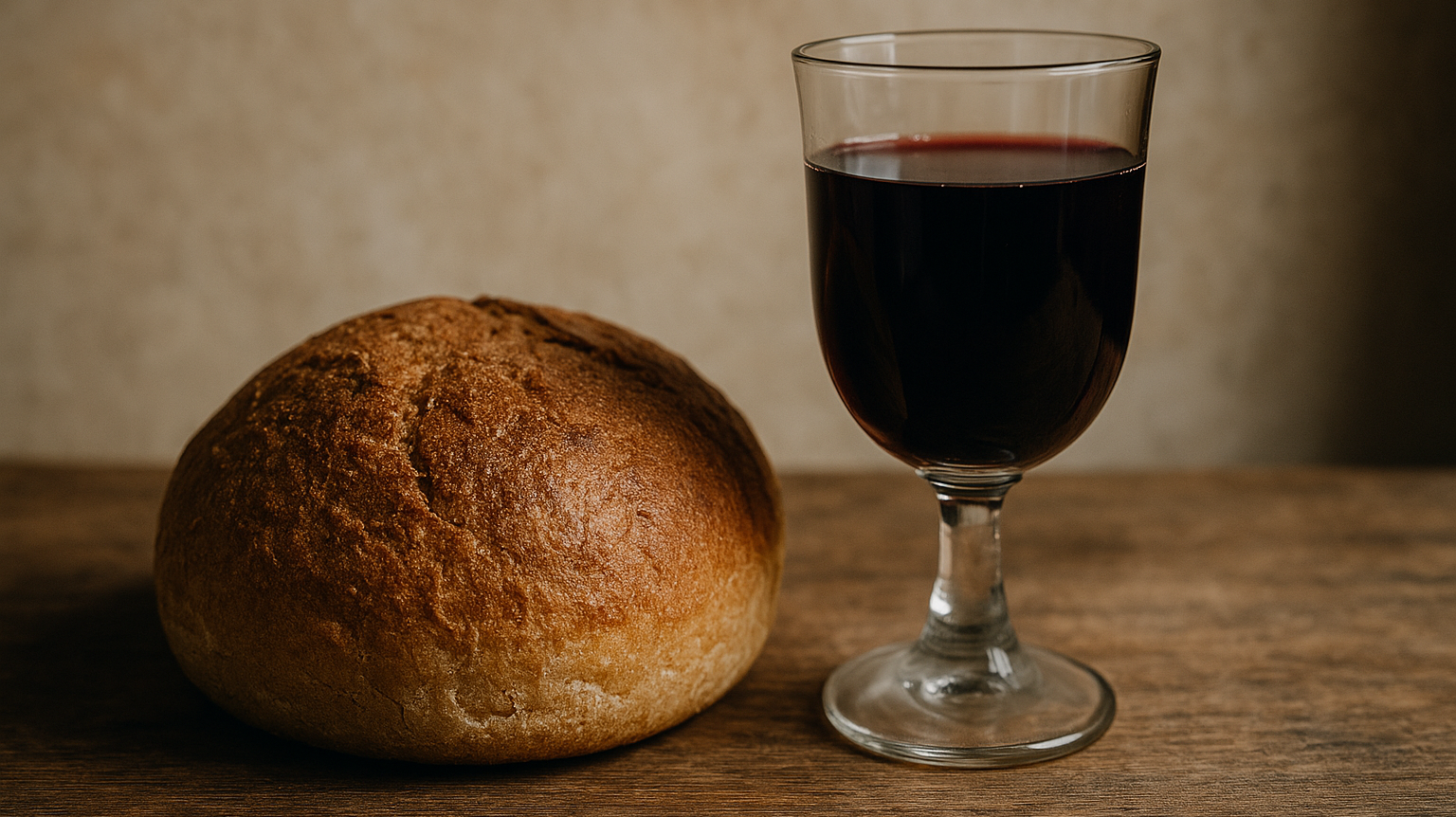Cremation has become a widely accepted practice in many cultures around the world. However, for Christians, questions about cremation often arise because of its connection to biblical teachings. Is cremation acceptable for a believer? Does the Bible speak directly about it? Let’s explore these questions by looking at Scripture and Christian traditions.
Does the Bible Mention Cremation?
The Bible does not explicitly address cremation as a practice. While burial was the most common method of handling the deceased in biblical times, cremation is not directly condemned or prohibited. The absence of specific instructions leaves room for interpretation and personal choice.
In Scripture, burial was often used to honor the dead. For example, Abraham carefully secured a burial place for his wife, Sarah, in the cave of Machpelah (Genesis 23). Similarly, Jacob and Joseph requested to be buried in specific locations with their ancestors (Genesis 49:29-32; Genesis 50:24-25). These examples reflect the cultural norms of the time rather than a divine commandment against cremation.
Biblical Examples That Touch on Burning Bodies
Although cremation is not explicitly discussed, there are a few instances in Scripture where the burning of bodies is mentioned. However, these instances are often tied to judgment or dishonor rather than a neutral or positive context. For example:
- Achan’s Punishment: Achan and his family were burned after they disobeyed God (Joshua 7:25). This act was not related to cremation as a burial practice but was part of divine judgment.
- Saul and His Sons: After King Saul and his sons died in battle, their bodies were burned, and their bones buried (1 Samuel 31:12-13). This was done to prevent further dishonor to their bodies by enemies.
These examples do not directly teach about whether cremation is an acceptable or unacceptable practice for Christians. Instead, they reflect specific historical or cultural contexts.
Resurrection and the Body
One of the main concerns some Christians have about cremation is how it relates to the resurrection of the body. The Bible teaches that believers will be resurrected with glorified bodies (1 Corinthians 15:42-44). Some wonder whether cremation might interfere with this promise.
However, the power of God to resurrect is not limited by the body's condition. Whether a person is buried, cremated, or lost at sea, God is fully capable of restoring and transforming their body. Ecclesiastes 12:7 reminds us, “...the dust returns to the ground it came from, and the spirit returns to God who gave it.”
From this perspective, cremation does not hinder God’s plan for resurrection. The focus is on God’s sovereignty and the eternal hope of believers rather than the method of handling remains.
Cultural and Personal Considerations
The decision to choose cremation often depends on cultural, financial, or personal factors. In some countries, cremation is a practical and cost-effective option. For others, burial may be more in line with family traditions or personal preferences.
Christians are encouraged to consider the following when making a decision:
- Conscience: Romans 14:5-6 emphasizes the importance of personal conviction: “Each of them should be fully convinced in their own mind. Whoever regards one day as special does so to the Lord.”
- Family Wishes: The decision about burial or cremation often affects family members. Open conversations about personal beliefs and preferences can help bring unity and understanding.
- Testimony: Some believers see burial as a symbolic testimony to the hope of resurrection. Others may view cremation as a humble return to dust, consistent with biblical teachings about mortality.
Is Cremation a Sin?
There is no biblical evidence that cremation is a sin. The Bible focuses more on how we live our lives and honor God than on how our bodies are handled after death. What matters most is the condition of the heart and the assurance of salvation through Jesus Christ.
Romans 14:8 provides comfort: “If we live, we live for the Lord; and if we die, we die for the Lord. So, whether we live or die, we belong to the Lord.”
Conclusion: Freedom in Christ
The Bible leaves room for freedom regarding cremation. While burial was the common practice in biblical times, cremation is not condemned or forbidden in Scripture. Christians are encouraged to seek wisdom, pray for guidance, and consider their personal convictions, cultural context, and family needs when making a decision.
Ultimately, the hope of the believer lies not in the method of burial but in the promise of eternal life through Christ. As Philippians 3:20-21 reminds us, “...our citizenship is in heaven. And we eagerly await a Savior from there, the Lord Jesus Christ, who...will transform our lowly bodies so that they will be like his glorious body.”
























